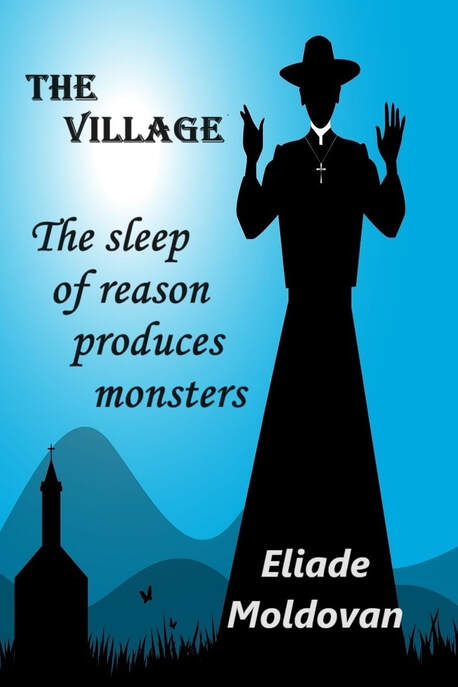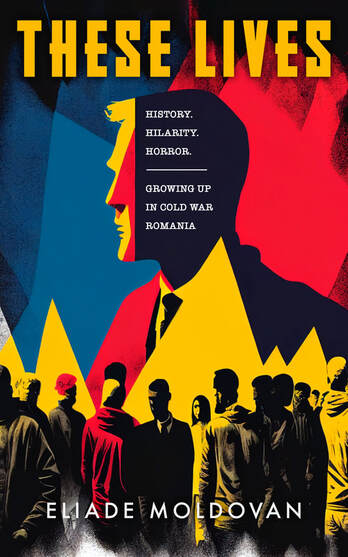|
The Bible is a special book with lessons that still stand today, and it is the base for the law system in the modern world. The Bible split the wrong from good and gives hope and guidance for many people around the world… but it is not the word of God. First, there is no proof (except the book itself) that God talked to the prophets when He walked the world in the Biblical times. There are many sites that outline the many contradictions in the scriptures, anyone can use these days a Web search engine, Google for example, and search for “Bible inconsistencies” or “Bible contradictions”. If the Bible is inspired by God, Who is perfect and always right, those contradictions could not exist, the truth is only one. So, who inspired the Bible? I start with the beginning, the act of creation, how everything started. The one I like the most and is the most famous narrative, is in the Bible by John: “In the beginning was the Word, and the Word was with God, and the Word was God.” (Note: In my first sci-fi/fantasy book, The Rise of Esperanto, I try to explain what my understanding for this exceptional statement is.) Well, centuries before John, in Hindu Vedas scripts we find: “In the beginning was Brahman with whom was the Word, and the Word is Brahman”. Hindu Vedas is a polytheistic religion and Brahman is the supreme spirit. The two statements are very similar, so, I conclude that some of John’s inspiration came from Hinduism, at least for Creation story. My next example is the Ten Commandments Moses received from God, around 1300 BCE. There is a striking resemblance with the commandments in the Book of the Dead, an ancient Egyptian funerary text, written on papyrus, and inserted in the sarcophagus of the important Egyptians personalities. And this tradition started 200-300 years before Moses and lasted more then 1000 years; and Moses might have known those traditions since he lived in the Pharos’s house. So, did Moses receive the Ten Commandments from God? (and by the way nobody witnessed the event), or he knew them from Egyptian tradition? Moses added two commandments not in the Book of the Dead… the one I enjoy the most is the day of rest (Sabbath), the precursor of our week-ends. One last observation… The best-known texts validating the Bible and Torah claims are Dead Sea Scrolls written between 150 BCE and 70 AD. They are the work of a Jewish population that inhabited Qumran until Roman troops destroyed the settlement around 70 A.D. The interesting thing is that the texts have Biblical verses, but some traditions of the Qumran population not in any Holy Scripts. My conclusion is that the Old Holy scripts in all monotheistic religions are actually rules that governed different communities those Biblical times, mixed with good stories and wisdom borrowed from other traditions (I mentioned Hinduism and Egyptian beliefs). The geniality of the concept is the God enhancement to the whole theory; to add weight and means of enforcement, the writers of the texts implied that all happenings are the result of a supreme being with unlimited powers who supervised and when necessary intervened directly to correct the society He created. In the end I will mention that I am not a religious scholar, nor a scientist investigating history, religion or society, but someone that read as much as I can whenever I have time and I try to answer incommode questions.
0 Comments
Your comment will be posted after it is approved.
Leave a Reply. |
|






 RSS Feed
RSS Feed
